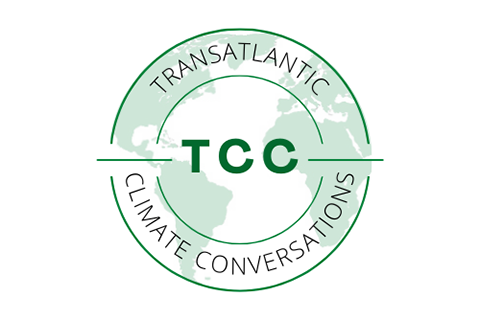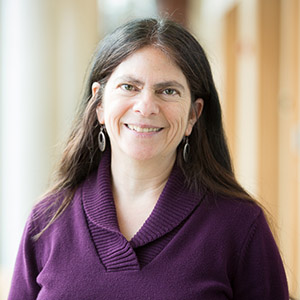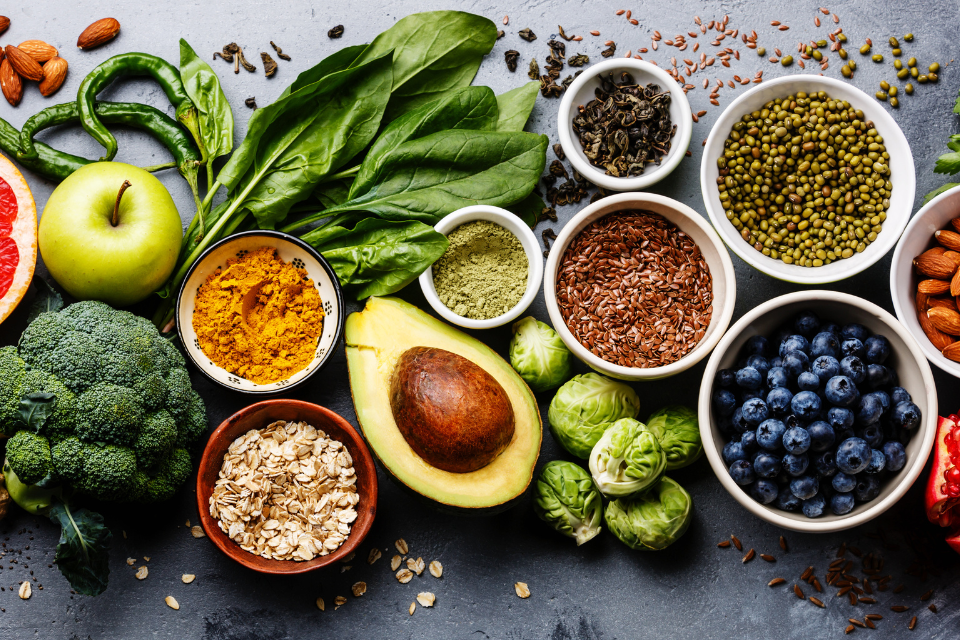TCC #4: Savoring Change: Food for Health and Sustainability
**In cooperation with the University of Mannheim and Brandeis Environmental Studies Program**
About the Event
 In this fourth Transatlantic Climate Conversation (TCC) we discuss how experts study the role of food in society - with a special eye towards climate impacts. What questions do health psychologists and cultural sociologists ask to understand why we eat what we eat and how what we eat can or should change for environmental and health reasons?
In this fourth Transatlantic Climate Conversation (TCC) we discuss how experts study the role of food in society - with a special eye towards climate impacts. What questions do health psychologists and cultural sociologists ask to understand why we eat what we eat and how what we eat can or should change for environmental and health reasons?
The extreme weather events of this summer have impacted farmers all over the world. Growing food is becoming more difficult and more expensive. At the same time, meat consumption, though widely understood to be resource intensive, is still growing. In the US only 5% of people are vegetarians - in Germany it’s 10%. Younger people more often eat plant-based. Agricultural practices, processed food, and a globalized system of food production and distribution similarly have negative environmental impacts.
What are the connections between food and climate change? What factors influence the decision to adopt a plant-based diet and other sustainable eating practices? How can societies change towards healthier, more sustainable diets? How can advocates for healthier diets best make their case?
About the Speakers
 Jutta Mata is Professor of Health Psychology at the University of Mannheim and director at the Mannheim Center for Data Science. She is also an associate researcher at the Max Planck Institute for Human Development in Berlin and among others has previously worked at Stanford University, the Technical University of Lisbon, and the University of Basel. Jutta’s research aims to understand the factors underlying health and disease, particularly related to eating, physical activity, and obesity. She is particularly interested in how social contexts - such as partners, families, or friends - influence eating behavior, psychological aspects of inequality in health, and the relation between health behaviors and environmental protection. Jutta has been part of science to policy working groups on several topics including obesity, future of work, and Covid-19 of the German National Academy of Sciences Leopoldina, is member of the Task Force People, Climate, Sustainability of the German Psychological Society (DGPs), member of the Scientific Advisory Board of the German Institute for Economic Research (DIW), the Socioeconomic Panel (SOEP), and a past member of the scientific advisory committees to Federal Institutes and Networks.
Jutta Mata is Professor of Health Psychology at the University of Mannheim and director at the Mannheim Center for Data Science. She is also an associate researcher at the Max Planck Institute for Human Development in Berlin and among others has previously worked at Stanford University, the Technical University of Lisbon, and the University of Basel. Jutta’s research aims to understand the factors underlying health and disease, particularly related to eating, physical activity, and obesity. She is particularly interested in how social contexts - such as partners, families, or friends - influence eating behavior, psychological aspects of inequality in health, and the relation between health behaviors and environmental protection. Jutta has been part of science to policy working groups on several topics including obesity, future of work, and Covid-19 of the German National Academy of Sciences Leopoldina, is member of the Task Force People, Climate, Sustainability of the German Psychological Society (DGPs), member of the Scientific Advisory Board of the German Institute for Economic Research (DIW), the Socioeconomic Panel (SOEP), and a past member of the scientific advisory committees to Federal Institutes and Networks.
 Laura J. Miller is Professor of Sociology at Brandeis University, where she has been teaching since 2002. She previously held faculty appointments at the University of Western Ontario and Vassar College. Her areas of expertise include the sociology of culture, mass media, consumption and marketing, cultural movements, and food studies. Primarily using interview and historical methods, Miller’s research focuses on the intersection of cultural and economic factors within industries characterized by moral commitments to their products. Her publications include Building Nature’s Market: The Business and Politics of Natural Foods (University of Chicago Press, 2017), and Reluctant Capitalists: Bookselling and the Culture of Consumption (University of Chicago Press, 2006). Miller’s current research project examines the publishing history of vegetarian cookbooks in the United States in order to trace changing meanings attached to a vegetarian way of life and the advocacy of vegetarianism.
Laura J. Miller is Professor of Sociology at Brandeis University, where she has been teaching since 2002. She previously held faculty appointments at the University of Western Ontario and Vassar College. Her areas of expertise include the sociology of culture, mass media, consumption and marketing, cultural movements, and food studies. Primarily using interview and historical methods, Miller’s research focuses on the intersection of cultural and economic factors within industries characterized by moral commitments to their products. Her publications include Building Nature’s Market: The Business and Politics of Natural Foods (University of Chicago Press, 2017), and Reluctant Capitalists: Bookselling and the Culture of Consumption (University of Chicago Press, 2006). Miller’s current research project examines the publishing history of vegetarian cookbooks in the United States in order to trace changing meanings attached to a vegetarian way of life and the advocacy of vegetarianism.

